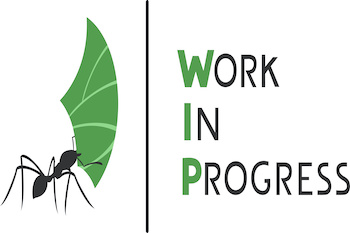Now that Origins Conference 2021 has wrapped up, we invite all CTS members to look forward to Origins Conference 2022. For everyone who attended the recent conference in person or online, the various presentations stir our enthusiasm for research and writing in the field of creation science. What topic would you like to pursue with a view to presenting a paper for the general sessions of the next Origins Conference? We have set no specific theme for the general sessions, so you have a great deal of freedom in choice of topic. Any topics dealing with the text, philology, hermeneutics, theology, and apologetics of Genesis 1–11 and any other texts dealing with primeval history will be gladly accepted for consideration.
To submit your proposal, follow Guidelines for a Paper Proposal (click on link to download this one-page aid).
Deadline for Proposal: September 1, 2021
Deadline for Paper Submission: January 31, 2022
Submit to: Dr. Steven Boyd at sboyd@creationtheologysociety.org
Why so early? Since CTS papers that go through the full approval process will be published in our Journal of the Creation Theology Society, we must have time for
- our consideration of your proposal and response to you,
- your research and writing,
- our submitting your paper for peer review (minimum of 3 peer reviewers),
- peer reviewers’ return of their comments,
- your completion of necessary revisions, and
- our approval for your final paper to be presented and published.
CTS’s inaugural issue of the Journal of the Creation Theology Society (JCTS) will feature this year’s Interdisciplinary Session papers and edited transcription of the panel discussion. We will also publish Origins Conference 2021 general session abstracts from our sister societies (Creation Biology Society and Creation Geology Society). The journal plans to include CTS papers from general sessions only after those papers have undergone full peer review and editing procedures. Simply presenting a paper in the general session does not guarantee publication in the journal.
We will publish our inaugural volume in both hard and digital copies around year’s end or early in 2022. Watch the website for its announcement.

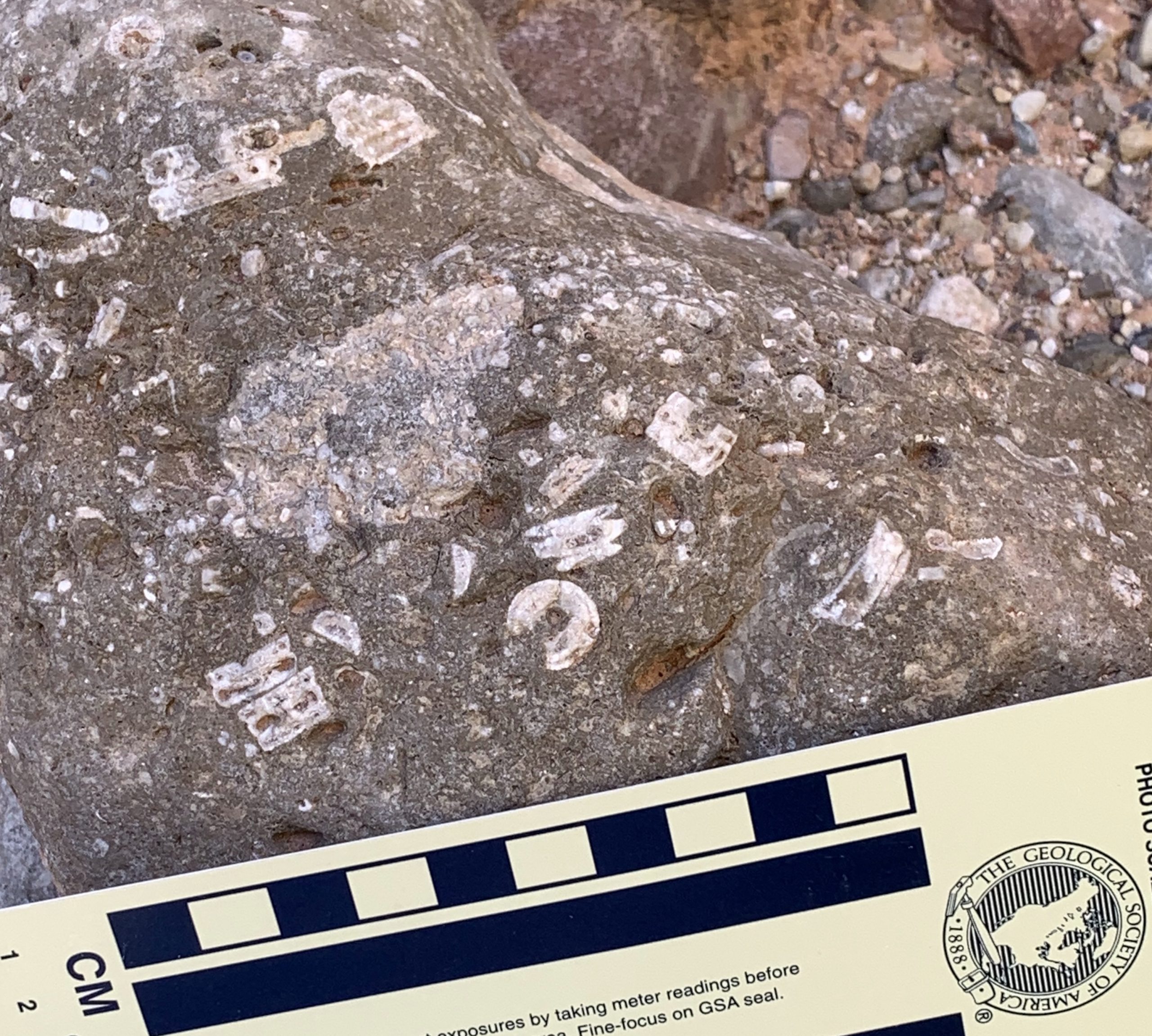
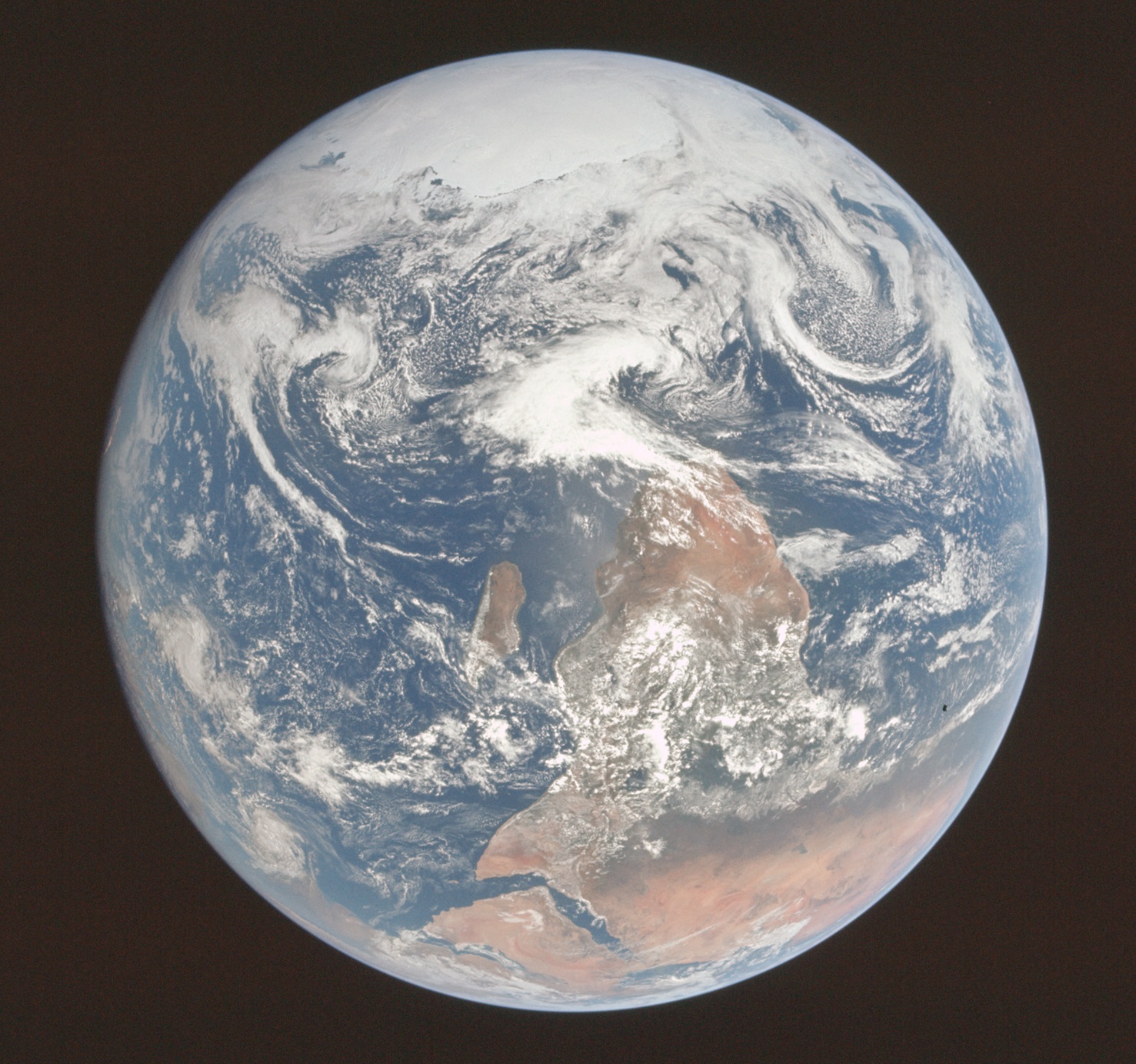

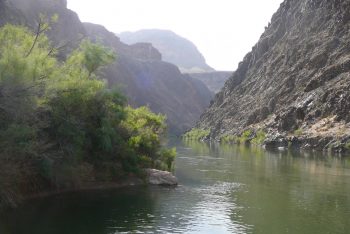


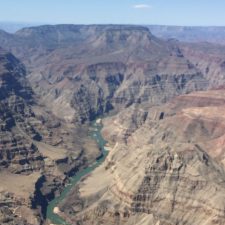
 In recent years, however, a number of scientists and biblical scholars have recognized this major lacuna in the scholarly creation community and are now seeking to address it. As a result, we have formed the Creation Theology Society. We believe that the Bible is God’s self-revelation to humanity, forming the foundation for truth and knowledge. Thus, divine revelation must be the respected and authoritative lens through which we seek to understand the world around us. Consequently, theology, historically understood as the “queen of the sciences,” must inform scientific investigation, since correct interpretation of creation depends upon correct interpretation of God’s Word.
In recent years, however, a number of scientists and biblical scholars have recognized this major lacuna in the scholarly creation community and are now seeking to address it. As a result, we have formed the Creation Theology Society. We believe that the Bible is God’s self-revelation to humanity, forming the foundation for truth and knowledge. Thus, divine revelation must be the respected and authoritative lens through which we seek to understand the world around us. Consequently, theology, historically understood as the “queen of the sciences,” must inform scientific investigation, since correct interpretation of creation depends upon correct interpretation of God’s Word. 